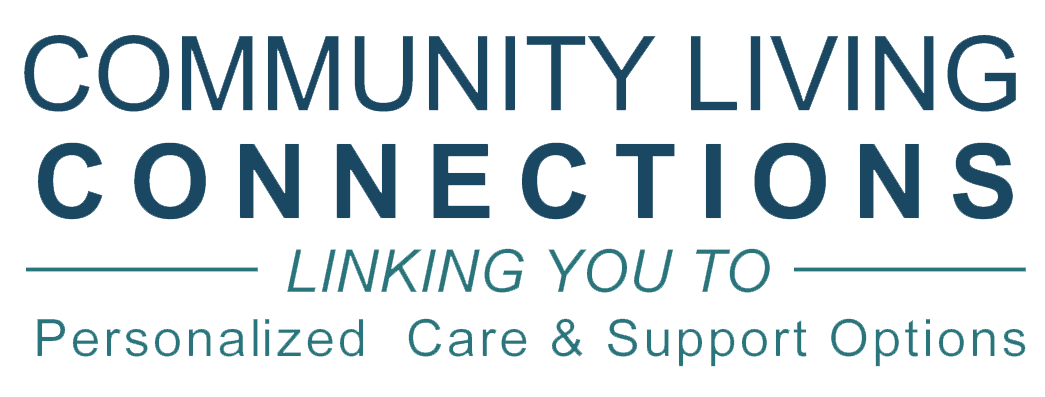Monitoring and Reminder Services
Monitoring and reminder services, plus new equipment such as smart devices, help people follow medication schedules, manage and report their health, and get emergency assistance.
Potential benefits of these services include:
- Help to remember when to take medications
- Detecting side effects or health decline
- Immediate, personalized answers to health questions
- Emotional support
What are monitoring and reminder services?
A broad range of reminder services and other tools are available. For instance, emergency response or medical alarm systems allow users to contact 24-hour assistance. Here is a sample list of monitoring and reminder devices and services:
- Personal Emergency Response Units are units attached to phone lines individual bracelets or necklaces that provide a remote way to access emergency services when/if needed. Some units can also provide medication reminders. Other units can even recognize when someone falls in the home, whether or not the individual can activate their individual unit on their own.
- Tools like watches, clocks, pill dispensers, beepers and cell phones to manage medications. Some remind you to take your medicine. Others also dispense medication and record it.
- Medical alert systems and personal alarm systems to immediately ask for help. They are available at all times.
How do I pay for monitoring and reminder services?
Individuals usually pay for these services themselves. Your health insurance or long-term care insurance plan may cover them. Some Medicaid home and community-based programs will cover them for eligible participants and some Area Agencies on Aging will cover them for individuals with limited incomes.
Connect with Your Local CLC.
Washington’s Community Living Connections staff are available to help you explore your options to meet your current needs or create a plan for the future.Connect now




